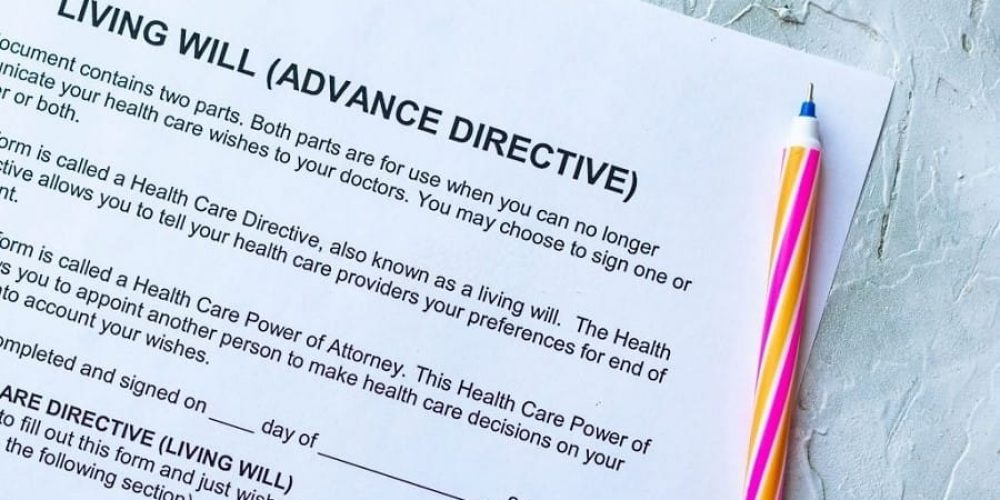It is probably something that you may not immediately want to think about. Hopefully, most of us won’t need to use an advanced directive, but in the event you do due to a medical situation, it’s an excellent idea to have a thorough understanding of what advanced directives are and how they can help you and your loved ones in the event of unexpected end-of-life situations where health care decisions are needed.
In Kansas, advanced directives will ensure your healthcare decisions about your life are respected by having them written into a legal document.
With planning with the help of legal advice and an attorney, you can ensure you can get the medical care you’d prefer and to avoid the unnecessary suffering and grief your caregivers have to undergo during this time.
Advanced directives are legal documents that can also help prevent disagreements and confusion about choices people have to make on your behalf when you are unable to.
The main difference between the different advance directives is who makes the decisions.
An advanced directive can make everyone’s life clear-cut and straightforward at a time when life isn’t so simple to communicate your medical instructions…
Advance Directives – What are they?
In a nutshell, an advanced directive ensures that you’ll receive the medical decisions you want when doctors and your family make life-changing medical decisions for you.
There are several types of an advanced directives, which to be effective must be written up – Health Care Power of Attorney, a Living Will, and a DNR (Do Not Resuscitate).
End of Life – Living Wills in Kansas
With a living will, you can state whether or not you would want life-supporting treatment in the event that you are unable to make an informed medical decision yourself and if you are in a terminal condition or a permanently unconscious state.
- You can also express your own personal desires regarding organ and tissue donation in this living will.
- Your living will is written within a legal document that spells out what you would and wouldn’t want to be used to keep you alive.
- This means you should have thought about your values – what it means to you about what it is to be independent and self-sufficient and how you’d like your end of life care to be in the event you are unable to communicate it.
Advance Directive – Kansas Power of Attorney
This is an advanced directive whereby you decide on the people you want to make medical treatment decisions for you when you’re unable to do so – the chosen person could be named differently depending on the state you live in… for example, a health care proxy or a health care agent.
The person you choose to act on your behalf as a health care agent is essential, and it’s necessary to check out the criteria required to feel confident that they can fulfil this role.
Advance Directive and Health Care
Advance directive health care planning, therefore, involves learning about the types of medical decisions that might need to be made, thinking about those decisions beforehand, and then informing others – both your family, your health care providers, and an attorney about your preferences.
Do Not Resuscitate (DNR)
However, the DNR directive covers a minimal situation and tells first responders that you don’t want to be resuscitated if your heart stops – it doesn’t give someone the power to make decisions for you.
These preferences are then put into an advance directive, which is a legal document that goes into effect only if you are incapacitated and unable to speak for yourself – no matter how old you are.
This legal document helps others know what type of medical care you want, saving your decisions, dignity, and dying wishes.
See more about Advance Directives in Kansas at https://theeastmanlawfirm.com/




Comments 0